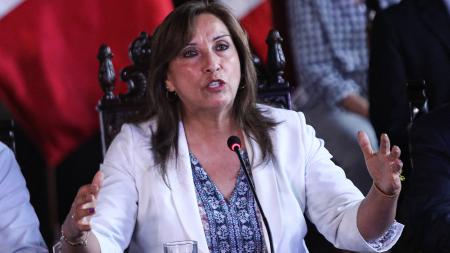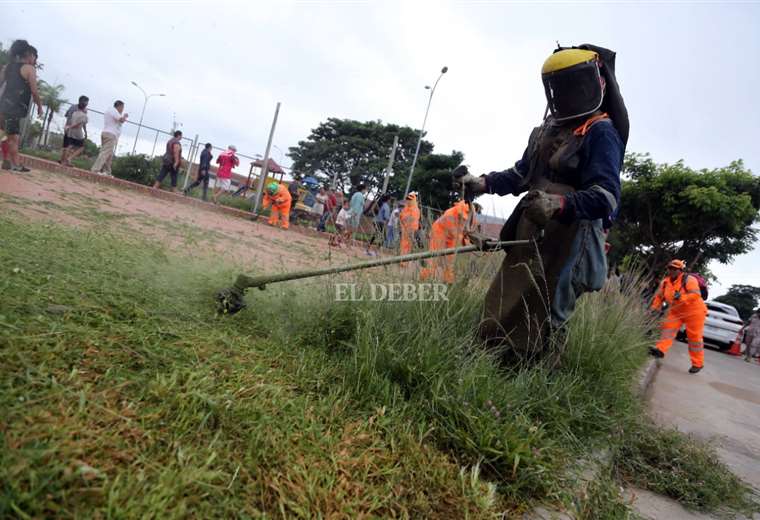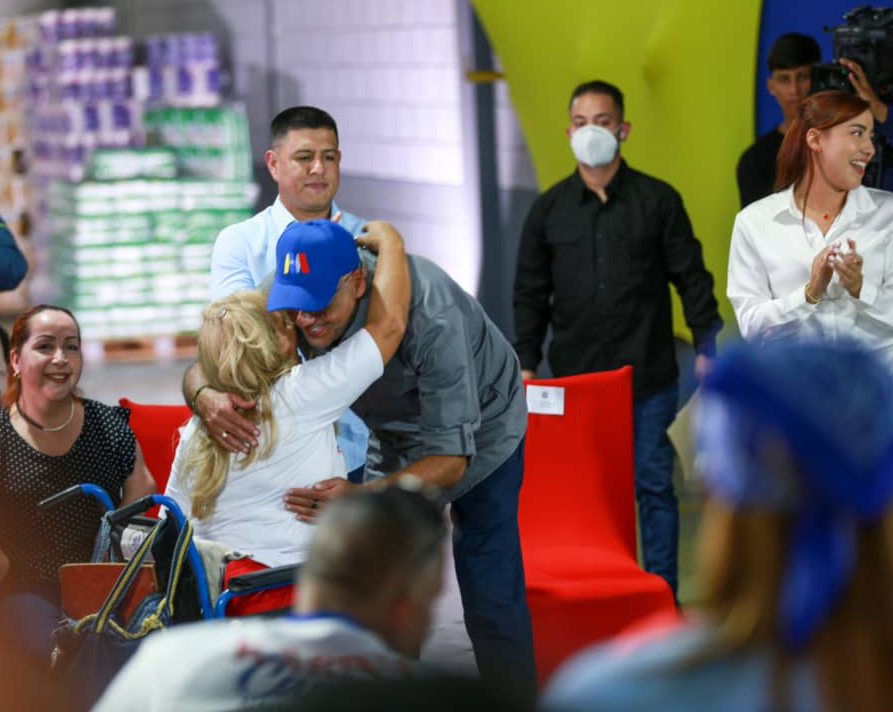The president of Peru, Dina Boluarte, asked Congress to advance the elections to December of this year, in a virtual acceptance that a decision of this type can help lower the tensions generated by almost 50 days of protests, and the legislature discussed reconsider their electoral vote for April 2024 or move towards a new parliamentary procedure that calls for elections this year.
“That the elections be brought forward to the date and time that Congress says. Immediately, from the Executive, we will be calling those elections. Nobody has any interest in clinging to power. We will be here until Congress (defines). Agree : such a day the elections and, at that moment, we will be calling general elections,” said Boluarte in a sharp turn of his position.
The president accepted that the Executive had proposed that “these elections be brought forward from 2026 to April 2024”, but “the protests continue, there are more blockades and violence”, so it is necessary to vote in December 2023.
The head of the Palacio de Pizarro said that she discussed the matter with the head of the Council of Ministers, Alberto Otárola, who had warned yesterday that there was no way to hold clean and transparent elections this year.
Peru had gone to sleep last night with the expectation of what could happen with the Fujimori initiative to review the vote that called for elections for April 2024, a surprise proposal raised in yesterday’s session, before Congress passed its session to this morning.
The session was going to resume at 9, then at noon and finally at 3:00 p.m. (5:00 p.m. in Argentina) and it started just a while after that time with an extensive debate on whether or not the initiative to reconsider the December vote was appropriate. from last year.
That first vote ended 58 to 51 in favor of the origin of the text, although that did not mean at all a result sung on the merits of the issue.
A good part of the speeches got involved in technical questions about whether or not the regulation allows a vote to be reviewed once the minutes have been approved, which seemed to suggest that the possibility of advancing the elections was headed for failure.
For many of the legislators who spoke, if they wanted to impose a new date for the presidential elections, a new process should be started -with a new project, of course- and not review the initiative that already has approval but lacks ratification. in a new session.
That period of sessions will begin on February 15, although there is speculation about an eventual advance.
In his statements, Boluarte said that he did not object to the proposal of Fuerza Popular – Keiko Fujimori’s party -, but he questioned the insistence of the leftist benches that a constituent referendum be held together with the cut in office. “It is one more justification to be able to radicalize and continue to bloody the country,” warned the president.
“Here there must be a political decision and those who put buts with pieces of paper will have to answer to the people. If you don’t want elections in 2023, don’t look for excuses. It’s simple,” said Hernando Guerra, FP spokesman, head of the Constitution Commission and who yesterday asked for the reconsideration of what was voted.
Several congressmen pointed out that, beyond the technicality of a closed act or not, there were several projects to advance elections to this year and even to decide the vacancy of Boluarte, which would force elections in 6 months.
The leftist benches demanded the resignation of Boluarte, the assumption of the head of Congress, José Williams, and the call for immediate elections.
The dispersion of the blocks, the crossed discourses and even the independent attitude of some congressmen left the outcome of the debate open.
In the background, the street protests, the blockades of roads and streets and the demonstrations of those who demand the resignation of Boluarte, the closure of Congress and elections were repeated as they have been since December 7, when Pedro Castillo was dismissed.
During the protests, at least 48 people have already died in clashes, including a police officer, and another 10 died from traffic accidents and events related to blockades, according to data from the Ombudsman’s Office.
The indefinite strike and the prolonged blockade of roads to demand the resignation of the president, new elections and a referendum to create a constituent assembly are causing food and fuel shortages in the southern regions.
The Superintendence of Land Transportation of People, Cargo and Merchandise (Sutran) reported that there are still 83 points with interrupted vehicular traffic in 9 regions of the country.
The outstanding event of the day occurred in the department of Madre de Dios, where a group of protesters attacked the house of the governor, Luis Otsuka, who fired into the air to disperse them.
“There were too many vandals and there were only 8 unarmed law enforcement officers. If I didn’t shoot, they would have killed the policemen and me,” Otsuka said.
According to Lima media, the attack was due to an alleged agreement between the regional governor and Prime Minister Otárola to unblock the routes in the area.
Meanwhile, in Ucayali, more than 500 vehicles remain stranded due to the blockade of the Federico Basadre highway.
Meanwhile, the Government decided to send another 200 Lambayeque police officers to southern regions, including Cusco, Ica, Arequipa and Apurímac.
In Puno, one of the areas with the greatest effervescence, the suspension of the Candelaria Festival, a cultural and intangible heritage of humanity, was announced today.


















